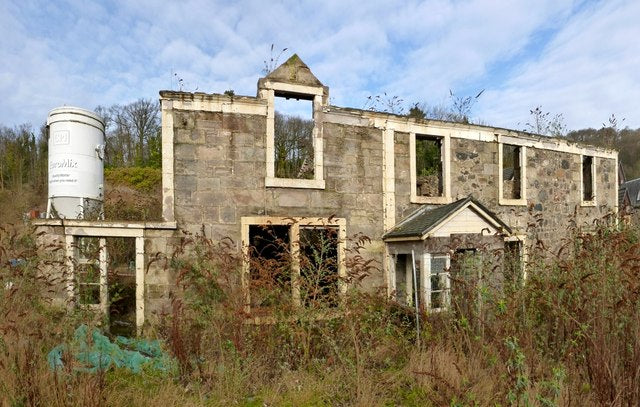
Exploring the Lost Distilleries
Scotland’s whisky heritage is rich and storied, with hundreds of distilleries having come and gone over the centuries. Among these, closed or silent distilleries hold a special fascination for collectors, historians, and whisky enthusiasts alike. These distilleries, no longer in operation, represent lost production methods, regional styles, and flavour profiles that can never be fully replicated—making their remaining stocks rare and often highly valuable.
Many closed distilleries fell victim to economic downturns, changing consumer preferences, or industry consolidations—particularly during the whisky crash of the early 1980s. Some of the most renowned closures from that period include Brora in the Highlands and Port Ellen on Islay. Both became legendary for their powerful, characterful single malts and have since been slated for revival, thanks to Diageo's investment in restoring their historic sites and stills.
In addition to these, a number of other silent distilleries have left a significant mark. Littlemill, in the Lowlands, is thought to be Scotland’s oldest licensed distillery, dating back to the 18th century, but was tragically destroyed by fire after its closure in 1994. Imperial, once located in Speyside, ceased production in 1998 and was eventually demolished, replaced by the modern Dalmunach distillery. Dallas Dhu, now a museum, offers a fascinating look into traditional whisky-making practices.
Other notable silent distilleries include Glenugie, Glenlochy, Millburn, Convalmore, Glenesk, and St Magdalene. These distilleries often supplied malt for blended whiskies but have since gained cult followings for their unique single malts, released by independent bottlers or as rare official expressions.
Despite their silence, the influence of these distilleries endures. Bottles from them are seen as time capsules, preserving the flavor and craft of a bygone era. Some modern distilleries aim to recreate or honor these old styles, while others seek to revive the original sites entirely. For collectors and aficionados, whiskies from closed distilleries represent not just a drink, but a piece of liquid history.
These lost distilleries enrich the cultural landscape of Scotch whisky, reminding us that every dram has a story—and some of the best stories come from the past.
Pictured - The remains of Littlemill Distillery Shop Our Littlemill Collection
